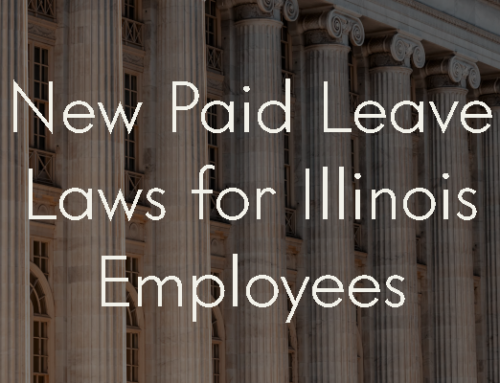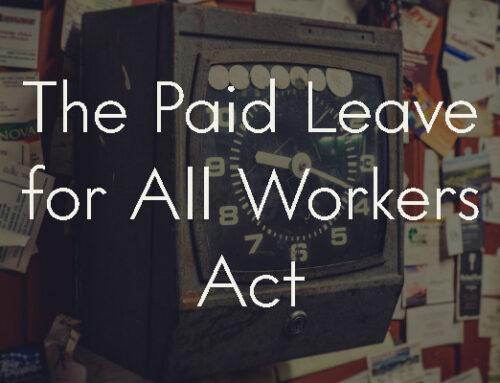Owning a business is no cakewalk and, as with most facets of modern life, being a woman makes it harder. From the gender pay gap to the lack of maternity leave to discrimination and harassment in the workplace, the barriers facing professional women are well-documented. If they fall into other underrepresented communities – women of color, queer women, disabled women, to name but a few – the corporate climb is even steeper. But as Anna Codrea-Rado recently outlined in Refinery29, many women (including herself) have found a radical way to deal with life as a worker – they leave it and start their own venture.
I hadn’t quite reached the 10-year mark in my career when I felt drained – physically and mentally. Career death by a thousand gendered cuts. And then, in 2017, I got made redundant and went freelance.
We see evidence of this trend every day. Talented women and other professionals who are underappreciated in the workplace are rejecting typical employment and building success on their own terms. Freelancing is growing among many demographics, and it’s largely driven by women. The Association of Independent Professionals and the Self-Employed (IPSE) marks an increase of 63% in the UK’s female freelancing population over the last decade. Freelancing mothers grew by 80%. Across all professions and levels of seniority, women are breaking the traditional working wheel and carving their own career path.
I had internalised all the insidious ways that workplaces didn’t work for me and concluded it was me who wasn’t working ‘properly’.
Why? The benefits of freelancing – primarily: a better work-life balance, the chance to dictate your own duties, more flexibility – especially benefit working women, who face additional gender-based struggles in conventional employment. Anna writes “When we talk about flexibility, though, what we’re really talking about is autonomy… something that I, even as someone without children, have always struggled with in the workplace – always needing to ask for permission, as an adult, to do basic things like go to the doctor.” Faced with discrimination and constant doubt from their superiors (who, let’s be honest, are predominantly men), more and more women are exercising their right to leave the bargaining table and stop playing a rigged game.
Paradoxically, I’ve never felt more empowered as a woman in the workforce. I’ve reached career milestones – like bylines in publications I’ve always wanted to write for – long before I expected to, I’m financially stable and work in a way that gives me the space to prioritise other things, like my mental wellbeing.
It’s not all sunshine and roses, though. Without the support of a traditional employment structure, freelancing introduces many new stressors and complications. Freelancers have no employee benefits, no holiday or sick leave, no outside pension contributions. Working mothers take a particularly hard hit – any parental leave vanishes when they go freelance (this may actually prove less of a deterrence in America – without federally mandated maternity leave, they often have no support to lose).
Anna goes on to contextualize and complicate the trend – though more and more women are finding freedom in freelancing, the fact that they have not been incorporated into mainstream corporate culture is an issue in itself. “Women would rather put themselves in a vulnerable financial position than have to put up with the dissatisfaction of working in traditional employment,” she writes.
A variety of push and pull factors has encouraged female freelancers in recent years, all built on one fundamental truth: “Working life” as we know it just doesn’t work for working women. Rather than struggle to climb a corporate ladder that isn’t designed for them, they opt to blaze a new trail, and we love to help them make it happen!
However, we must accept that the lack of an employer-employee structure exposes them to potential liability. One solution? Formally setting up a small business. All types of freelancing women, from graphic designers to journalists, website developers, software consultants, and even writers, can take a few simple steps to run their operation professionally and reduce their personal risk.
Set up a Limited Liability Company (“LLC”)
An LLC is a business entity that protects its owners from liability incurred in the company’s name. You could also form a Corporation, but it’s a more complicated structure. We recommend you speak with an attorney (LINK) to understand your options and learn the differences between the two.
Forming an LLC for your practice (even if you run a solo enterprise, like most freelancers) is a vital first step because the LLC separates your business assets from your personal assets. With LLC protection, if someone sues your business, that person or company can only easily go after your business assets. Your personal bank accounts, savings, real estate, etc. are harder to reach.
Separate Assets
Once your LLC is formed, you need to separate your personal assets from your business assets. Otherwise, you’re not actually limiting your liability! Someone could go after your personal savings, even if you operate solely under your business name. You can do this by opening a business bank account and using that account for all of your LLC’s finances. We always recommend that you speak with an attorney or accountant about how best set up your business’s accounts.
Draft Client Contracts
The terms of your client and contractor relationships should be clearly and completely explained in writing. For example, if you are a website or software developer, you can create a “Services Agreement” or “Consulting Agreement” to break out when hired. With a single document defining the deal, all parties know what is expected of them and everyone stays on the same page. Contracts also help you plan for the future of the relationship. You can specify payment methods and schedules and establish termination procedures, should either party wish to end the relationship down the line Either of you can refer to the language in the contract to determine what the next step in the process should be.
As a woman-founded, woman-owned business ourselves, we love encouraging female freelancers to take the plunge. From forming LLCs, to drafting client contracts to make their relationships work, and through scaling and growth, we’ve helped many achieve success. If you find yourself in such a position, contact us! We want to hear your story!





